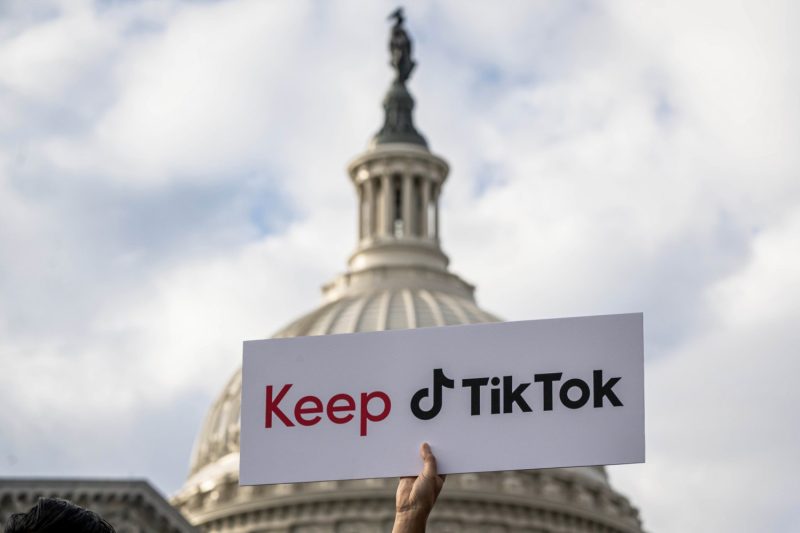The U.S Senate has recently taken a unanimous initiative to sanction a bill that restricts the use of the popular social media application, TikTok, on government devices, much to the amusement of both the critics and proponents of the platform. However, it could be years before we see the actual implications and enforcement of this law. This revelation might raise eyebrows for several, prompting us to delve into it more deeply, investigating the reasons liable for such a delay.
To start with, it is crucial to understand that political wheels move slowly, where the executive, legislative, and judicial processes are often drawn-out affairs. After the Senate approved a TikTok ban, the legislation still needs to pass through the U.S House of Representatives and be signed by the President before becoming a law. This can be a lengthy process, considering the partisanship often observed in Congress, which becomes even more strenuous during an election year. The time consumed during this legislative process could push the enactment of the TikTok ban further into the future.
Next, even after the ban becomes a law, implementation could take a considerable amount of time. The TikTok ban is not an outright prohibition, but a restriction on its usage on federal government devices. This means that the law has to be enforced across numerous federal agencies and departments, each with varying levels of technological advances and security protocols. Setting up the infrastructure and systems capable of identifying and blocking TikTok across the multitude of networks owned by these entities will necessitate not just time but also significant financial resources.
The legal intricacies surrounding a broad digital application ban such as this are another factor that could lead to a delay. TikTok’s parent company — ByteDance, a Beijing-based company, is likely to challenge this law in courts, potentially leading to a long, drawn-out court battle. The interpretation of the First Amendment and accusations of potential governmental overreach could also come into play during such a lawsuit. Even if the government ultimately emerges victoriously, the legal proceedings could prolong the ban’s enforcement indefinitely.
Moreover, it is also important to consider that TikTok is talking with several American companies about acquiring its U.S operations. If an American company, such as Microsoft, does end up acquiring TikTok, the rationale behind the ban would lose much of its relevance. Depending on when and if such an acquisition takes place, it could significantly alter the timeline of the TikTok ban.
Additionally, technology often evolves faster than the law. While the government may ban TikTok, a similar platform could emerge and gain popularity before the ban takes effect. This would leave the law obsolete, and it’d have to be modified or supplanted completely. Considering that the world of technology is dynamic and rapidly evolving, the time it takes for the legislature to catch up could be extensive.
In conclusion, while the Senate’s unanimous support to the TikTok ban indicates a strong consensus against the app’s perceived security risks, it seems unlikely that it will go into effect immediately. A combination of legislative processes, implementation logistics, potential legal battles, corporate discussions, and technological evolution could push this timeline out considerably. Therefore, it would not be unrealistic to expect that it could be years before the TikTok ban is fully enacted and enforced.




